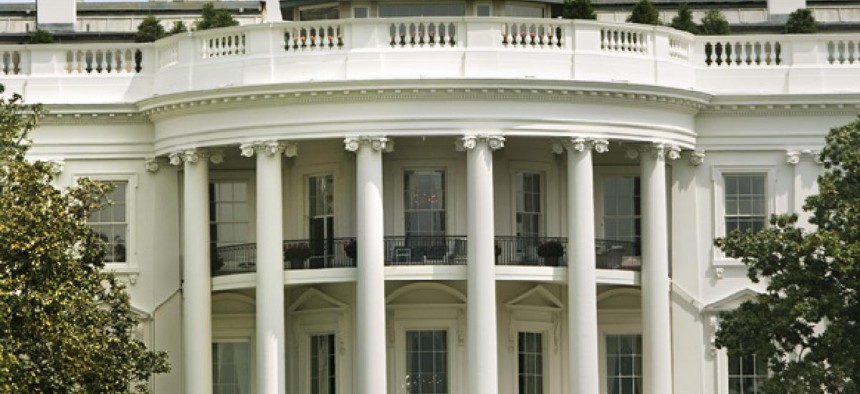
Thinkstock
A Deficit Forecast the White House Can Get Behind
On Friday, Jeffrey Zients, President Obama’s acting budget director, pushed out a blog post claiming vindication from a brand-new CBO study on assertions made in the president’s fiscal 2013 budget that the deficit will shrink from 2013 to 2017.
The White House budget office and the nonpartisan Congressional Budget Office have long provided different projections of the long-term federal budget deficit. But on Friday, Jeffrey Zients, President Obama’s acting budget director, pushed out a blog post claiming vindication from a brand-new CBO study on assertions made in the president’s fiscal 2013 budget that the deficit will shrink from 2013 to 2017.
First the numbers: CBO predicted that by 2016 deficits as a share of the economy will be below 3 percent -- a “key milestone of fiscal sustainability,” according to Zients. “It found that after implementing the president’s budget, debt held by the public will decrease and then stabilize as a share of the economy, also a key indicator of improving fiscal health,” he wrote. “Finally, relative to CBO’s alternative fiscal scenario representing what happens if current policies are continued, the president’s budget reduces the deficit by more than $4 trillion, according to CBO’s own estimates.”
Then the rhetoric: “CBO shows that we can achieve this level of deficit reduction by pursuing a balanced plan that asks everyone to shoulder their fair share,” Zients wrote.
As for differences between the agencies, CBO explains that its “estimates of deficits under the president’s budget are generally smaller than those of the administration -- by $74 billion (or 6 percent) for 2012 and by a total of $294 billion (or 4 percent) for the following 10 years. CBO projects $1.5 trillion (or 3 percent) less in outlays under the president’s budget than the administration does, because of differences both in economic assumptions and in modeling and other technical assumptions. CBO’s estimates of revenues under the president’s budget are also lower than the administration’s -- by $1.2 trillion (or 3 percent) -- primarily because of differing economic assumptions (particularly about wages and salaries)."
NEXT STORY: DARPA Chief Googles It







